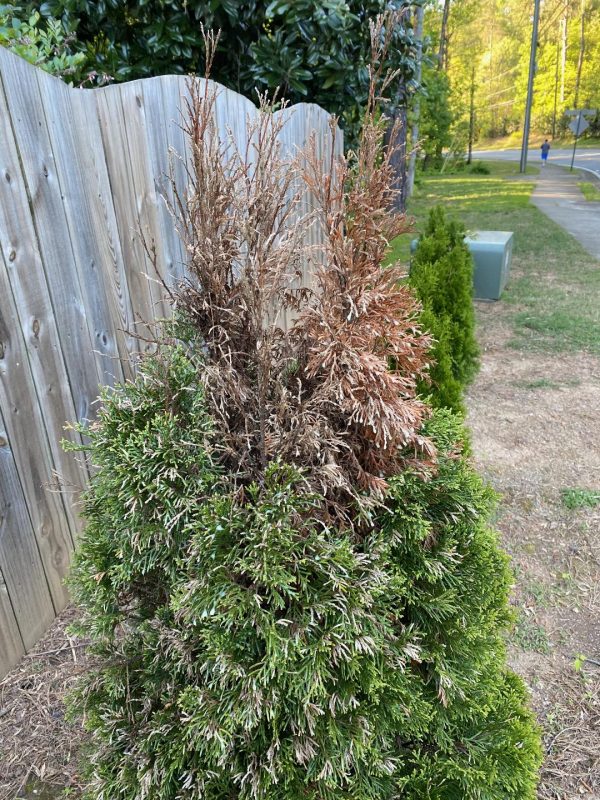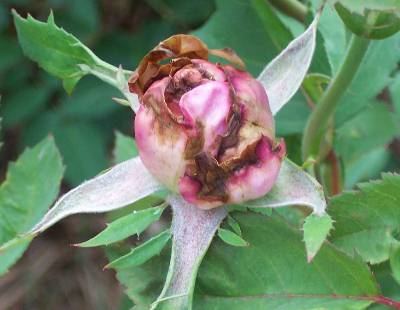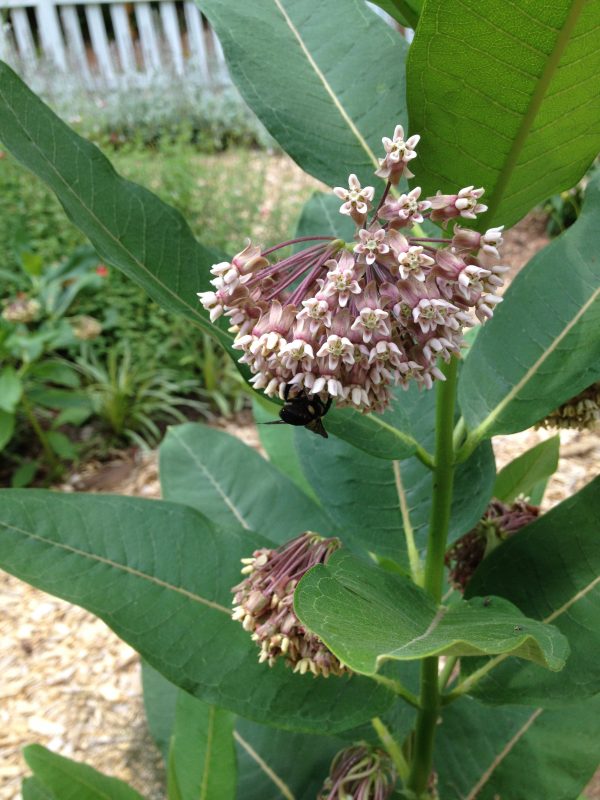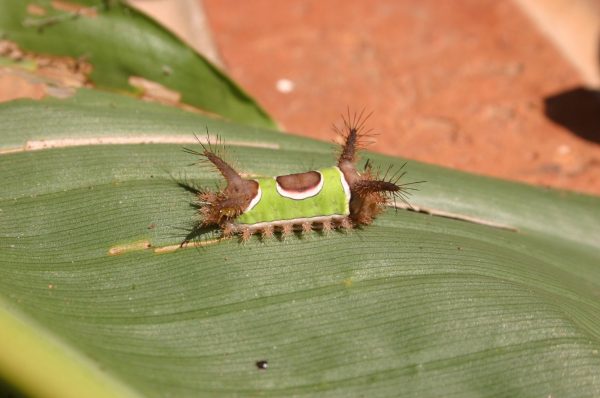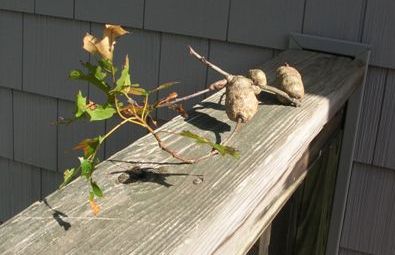Iris – Dealing With Borers
Q: Something has attacked my iris plants and has wiped out about half of them. The roots which are affected are mushy and the leaves either dry out or just fall over on the ground.
A: I think you have iris borers. The adult borer, a moth, emerged last fall and laid her eggs on dead iris foliage. The larvae hatched this past spring and bored into the leaf. Feeding inside the iris fan, the young borers gradually moved down the plant, in the leaf, toward the soil. By July, the borers were big enough to feed on the rhizome at the base of the plant. Their feeding damage allowed fungi and bacteria to invade and cause the rot you’ve noticed.
Right now, the best you can do is to dig up the iris plants and discard the most severely infected ones. If a rhizome has little damage, scrape out the rotten area, dust with Captan fungicide and replant.
In the future, you can do two things to control iris borers. First, remove all of the iris foliage by March each year and remove it from your property. Second, examine the iris leaves in May and June, looking for a telltale notch in the edge of a leaf. Squeeze the leaf between your thumb and forefinger a couple of inches below the notch to kill any borers inside. With diligence you can control the insects physically without having to turn to insecticides.





